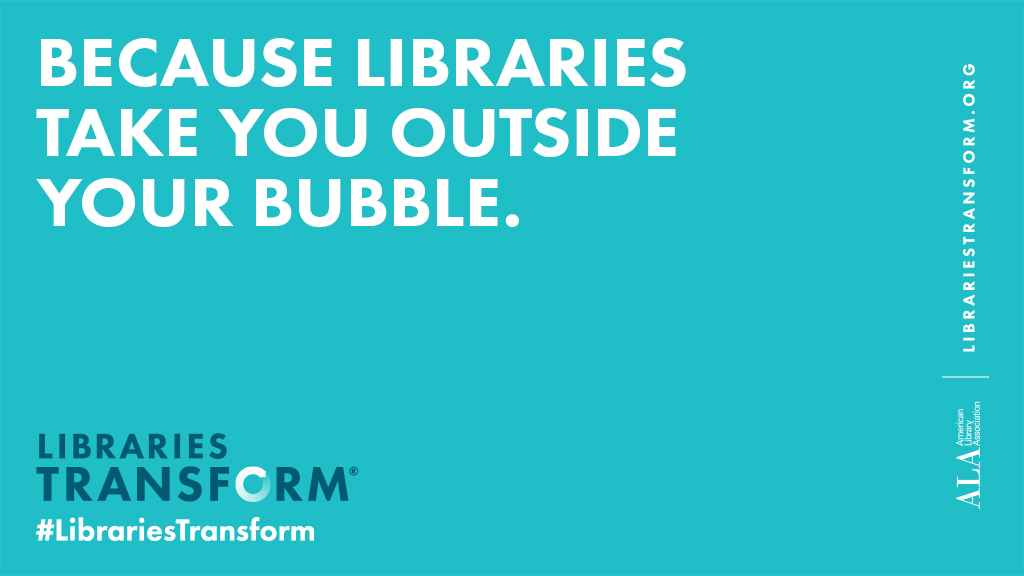 MACDONALD-KELCE LIBRARY
MACDONALD-KELCE LIBRARY

Critical thinking requires a letting go of our preconceived notions and a willingness to entertain new ideas and new perspectives. The best part of this process is learning new things and learning new ways to look at the world.
Critical thinking doesn't require us to adapt ideas or notions that might seem incorrect to us, or perhaps even offensive. Critical thinking encourages understanding, whether we agree with something or not.
So, how does the library fit in?
Using outside resources--information beyond our own opinions and thinking--helps us to understand the world in a broader way. Many library resources, such as scholarly articles and books, include original research, and a vetting of several different viewpoints, studies and and previous research.
Consulting non-scholarly resources, such as newspapers and magazines, can be helpful as well. These sources will contain information about current topics.
Whatever kind of resource you're using, learn to evaluate them more closely.
How do I know if I'm a critical thinker? (or not?)

The information people see online—from web search results to social media posts—is often influenced by their own browsing behavior and social circles. It’s easy to consume information in an ideological bubble and forget to consider opposing perspectives; psychological tendencies such as the overconfidence effect lead people to have excessive faith in their knowledge, judgments and abilities.* But unlike your social media feed, libraries are filled with different opinions. Through programs that promote civil discourse, your librarian’s information literacy expertise and a vast array of print and digital resources, libraries offer you a chance to challenge your ideas and determine how strong they are, ensuring your positions are based concretely in facts as opposed to personal interests.
* Chatfield, Tom. Critical Thinking: Your Guide to Effective Argument, Successful Analysis and Independent Study. SAGE Publications, 2018.
Search almost everything
Search across the entire library catalog (books, DVDs, government documents)
and most of the library databases (journal articles, images, newspapers).
Macdonald-Kelce Library - University of Tampa - 401 W. Kennedy Blvd. - Tampa, FL 33606 - 813 257-3056 - library@ut.edu - Accessibility